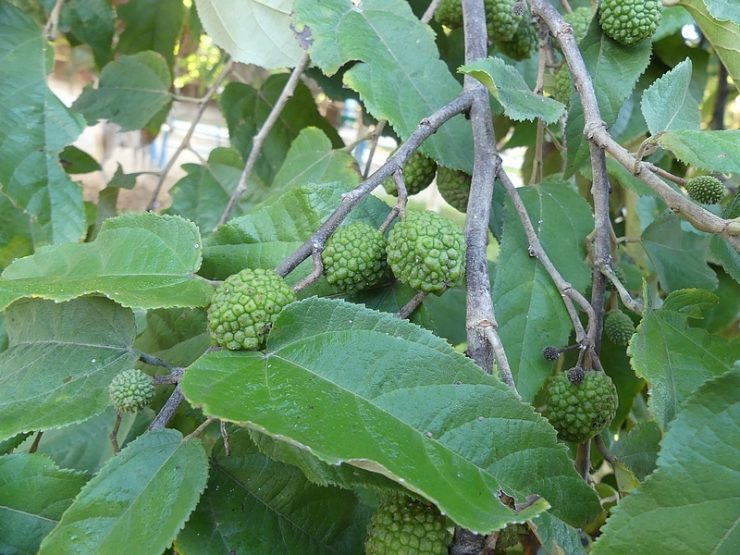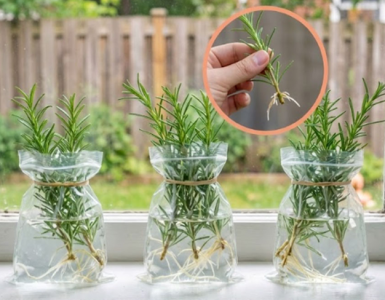Guazuma ulmifolia, commonly known as the Bay Cedar, West Indian Elm, or Guacimo, is a tropical tree native to Central and South America. Known for its medicinal and ecological importance, this plant has been widely used in traditional medicine for its therapeutic properties. Its leaves, bark, and fruits are rich in bioactive compounds, making it a valuable resource for natural remedies. Below are the key health benefits and uses of Guazuma ulmifolia.
1.Promotes Weight Loss
Reduces Appetite: Guazuma ulmifolia contains compounds that suppress appetite, making it easier to manage caloric intake.
Fat Metabolism: The plant is traditionally used to help regulate fat metabolism and assist in weight loss efforts.
How to Use: Consume a tea made from the leaves to support weight management.
2.Improves Digestive Health
Relieves Constipation: The tree’s mucilage content acts as a natural laxative, promoting regular bowel movements.
Treats Diarrhea: It also has astringent properties that can help control diarrhea by soothing the digestive tract.
How to Use: Drink an infusion of the bark or leaves to ease digestive issues.
3.Supports Respiratory Health
Clears Mucus: Guazuma ulmifolia has expectorant properties, making it effective in clearing mucus and relieving coughs and colds.
Soothes Inflammation: The anti-inflammatory effects help reduce irritation in the respiratory system, especially in cases of bronchitis or asthma.
How to Use: Prepare a decoction of the bark or leaves and drink it warm to alleviate respiratory symptoms.
4.Manages Diabetes
Regulates Blood Sugar: Compounds in Guazuma ulmifolia help regulate blood sugar levels, making it beneficial for people with diabetes or those at risk.
Improves Insulin Sensitivity: It may enhance the body’s response to insulin, further aiding in blood sugar management.
How to Use: Consuming a tea made from the leaves is a common traditional remedy for managing diabetes.
5.Supports Heart Health
Reduces Cholesterol: Studies suggest that Guazuma ulmifolia may help lower LDL (bad cholesterol) levels while improving overall lipid profiles.
Anti-inflammatory Properties: Its anti-inflammatory effects may reduce the risk of heart disease by protecting blood vessels.
How to Use: Regular consumption of leaf or bark tea can promote cardiovascular health.
6.Provides Antioxidant Protection
Fights Free Radicals: Rich in antioxidants such as flavonoids, the plant helps combat oxidative stress, which can contribute to aging and chronic diseases.
Boosts Immunity: Antioxidants strengthen the immune system, protecting the body from infections and illnesses.
How to Use: Drinking Guazuma ulmifolia tea regularly can enhance your body’s antioxidant defenses.
7.Treats Skin Conditions
Wound Healing: The bark and leaves have antimicrobial and anti-inflammatory properties, making them effective for treating wounds, cuts, and skin infections.
Relieves Skin Irritations: It can also help soothe rashes, eczema, and other skin irritations.
How to Use: Apply a poultice made from crushed leaves or bark directly to the affected area.
8.Boosts Energy and Combats Fatigue
Natural Stimulant: The plant has been used as a natural energy booster in traditional medicine, helping to fight fatigue and improve stamina.
How to Use: Consuming a tea or decoction from the bark can help revitalize the body and mind.
9.Aids in Detoxification
Liver Health: Guazuma ulmifolia is used to support liver function and help detoxify the body by removing toxins.
Cleanses the Blood: Its diuretic properties help flush out impurities and improve kidney function.
How to Use: A tea made from the leaves or bark is a common detox remedy.
10.Traditional Uses
Arthritis and Pain Relief: The anti-inflammatory properties make it effective in reducing joint pain and swelling associated with arthritis.
Hair Health: Some traditional practices use Guazuma ulmifolia to strengthen hair and reduce dandruff.
Fever Reduction: It has been used to reduce fevers and alleviate related symptoms in traditional medicine.
How to Use Guazuma ulmifolia
Tea or Infusion:
Boil 1-2 teaspoons of dried leaves or bark in water for 10-15 minutes. Strain and drink 1-2 cups daily.
Poultice:
Crush fresh leaves or bark and apply them directly to wounds or inflamed areas.
Powder Form:
Use the powdered form of the bark or leaves as a supplement. Follow the recommended dosage on the product label.
Capsules:
Guazuma ulmifolia is available in capsule form for convenience. Use as directed by a healthcare professional.
Precautions
Allergic Reactions: Some individuals may be allergic to Guazuma ulmifolia. Test on a small area or take a small dose before full use.
Pregnancy and Breastfeeding: Consult a healthcare provider before using Guazuma ulmifolia if you are pregnant or breastfeeding.
Overuse: Excessive consumption may lead to side effects like diarrhea or dehydration due to its diuretic and laxative properties.
Guazuma ulmifolia is a versatile plant with a wide range of medicinal uses. From promoting weight loss and managing diabetes to improving respiratory and digestive health, this plant has earned its place in traditional medicine. Incorporate Guazuma ulmifolia into your routine with teas, poultices, or supplements to enjoy its many benefits. However, always use it responsibly and consult a healthcare provider for specific health conditions.






Add comment